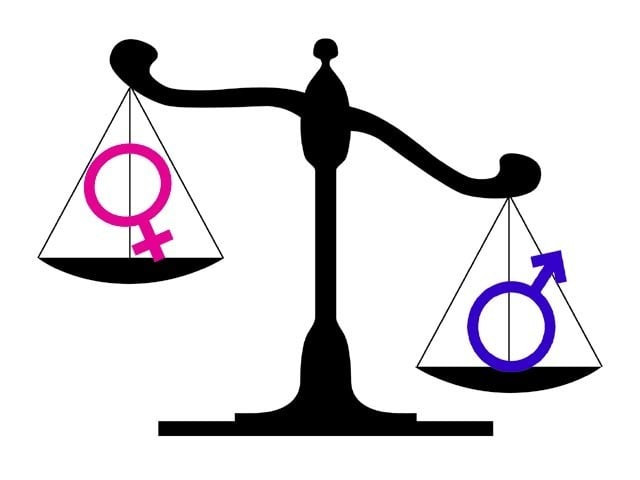IMF urges Pakistan, MENA, Central Asia cut gender gap to boost GDP
'The gap (in the region) is three times the gap in emerging markets as a whole.'

'The gap (in the region) is three times the gap in emerging markets as a whole.' PHOTO: FILE
"The gap (in the region) is three times the gap in emerging markets as a whole," said Masood Ahmed, the International Monetary Fund's Middle East and Central Asia director.
"A decrease to twice as large as the emerging markets would over a decade add $1 trillion to GDP (gross domestic product) in this region," Ahmed said at a Dubai conference, where he launched the IMF's Regional Economic Outlook report.
He said focusing on increasing the participation of women in the workforce was essential to exploit the "full potential of the region".
"Causes of the gap are multifaceted, ranging from social and cultural norms to regulatory barriers," the IMF report said.
"Policies can make a difference by raising women's educational attainment and benefits for working parents, reducing gender wage gaps, and supporting women's independent mobility and equal opportunity in employment," it added.
The gender wage gap in the region's labour force from 2000 to 2011 ranged from around 45 percent in Tunisia to around 65 percent in Afghanistan, according to the report.



















COMMENTS
Comments are moderated and generally will be posted if they are on-topic and not abusive.
For more information, please see our Comments FAQ